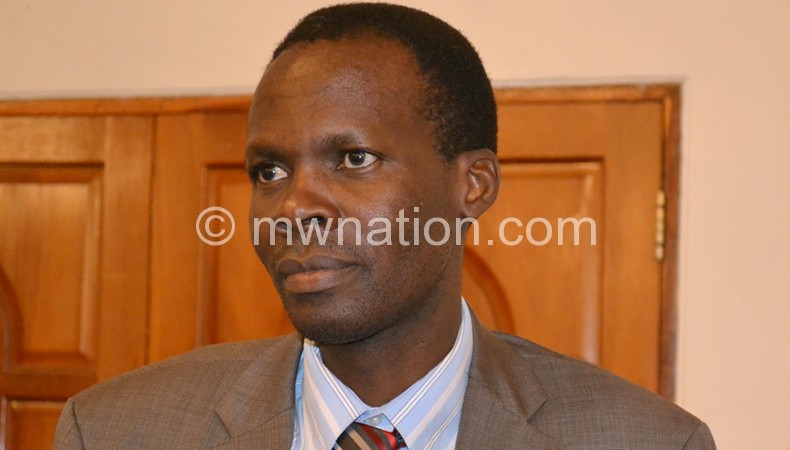Govt set to table Access to Information Bill
Government is finally set to table and pass the Access to Information (ATI) Bill in Parliament following concerted pressure from development partners including the European Union (EU).
The Weekend Nation understands that government has already assured the diplomatic community that the bill, a long-held demand by the donors and local media, will be passed during the forthcoming parliamentary meeting widely expected to be held in November.

Subsequently, the Minister of Finance, Economic Planning and Development Goodall Gondwe has since written the Minister of Information, Culture and Tourism Kondwani Nankhumwa to fast-track the bill to Parliament.
The donors, Weekend Nation further understands, have been tying the passing of new laws aimed at improving governance indicators to the development aid currently being provided and possible resumption of aid after majority western countries plus the EU withdrew crucial budget support over corruption fears.
Ministry of Finance spokesperson Nations Msowoya confirmed in an interview yesterday that the Treasury had written the Information Ministry on the matter but dismissed the suggestions that the decision was made under pressure from donors.
“We have written the Ministry of Information not because we are under pressure, but because we think it’s the right thing and right time to do it,” said Msowoya.
Media Institute of Southern Africa (Misa) Malawi chairperson Thom Khanje welcomed the development as commendable, but lamented the delays to pass the bill over the years.
“It is a very welcome news to the media fraternity. It’s unfortunate the bill is being considered now because of foreign pressures yet the Constitution when it was passed in 1995 guaranteed access to information,” said Khanje.
The EU, Britain, Germany, Ireland and Norway suspended direct budget support which once constituted 40 percent of Malawi’s annual national budget shortly after the Cashgate—the systematic theft of K24 billion of public funds—erupted in 2013.
All the countries are yet to resume direct budget aid but continue to pour in billions of development funds to support infrastructure growth and poverty alleviation programmes.
EU head of Political, Press and Information Office James Dolan denied in an interview that the organisation has put the passing of the bill as a condition for budget support.
“This is not a condition for budget resumption, we view it as an important bill. We have engaged government on several occasions on this matter, but this is not a condition for support, let me stress that,” said Dolan.
The ATI seeks open governance by obliging public officials to release information to the public and is especially welcomed by journalists who say a culture of silence over the decades have halted their objective to make government more accountable.
Proponents add that the public, researchers, civil society groups and development partners will equally benefit from the passing of such a law.
With the economy struggling, Lilongwe desperately seeks the injection of the budget aid which could supplement its forex reserves which are under severe strain as the local currency continues to depreciate in value against major world currency.
In the absence of donors, government is currently implementing the so-called zero-aid budget, but the forced experiment is proving costly to social service delivery with hospitals and other crucial social services reeling under severe cuts.
Civil servants salaries have been delayed for months and despite President Peter Mutharika and his Cabinet recently rejecting a salary increase, the development continues to threaten the political fortunes of the ruling Democratic Progressive Party (DPP) which stormed to victory on sound economic management premises





